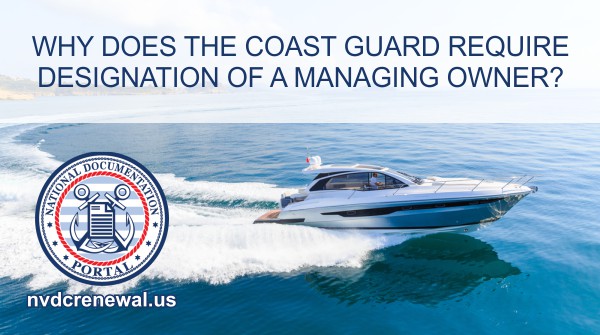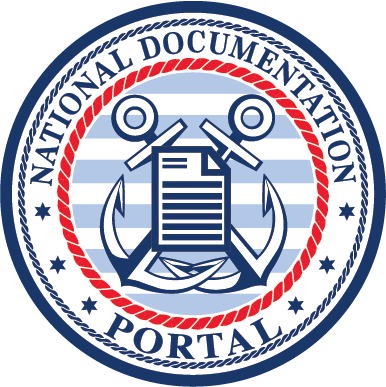Furthermore, the managing owner is responsible for ensuring that the vessel complies with all applicable laws and regulations, including safety and environmental regulations. By designating a managing owner, the Coast Guard can hold a single individual accountable for the vessel’s compliance, rather than having to track down multiple owners. This not only streamlines the regulatory process but also helps to ensure that the vessel operates safely and responsibly.
Finally, the managing owner is often the individual who makes important decisions regarding the vessel’s operation, such as hiring crew members or entering into contracts with vendors. By designating a managing owner, the other owners can delegate these responsibilities to a single individual, which can help to avoid conflicts and ensure that the vessel operates smoothly. Overall, the Coast Guard’s requirement for a managing owner designation serves to promote safety, accountability, and efficiency in the operation of vessels.



